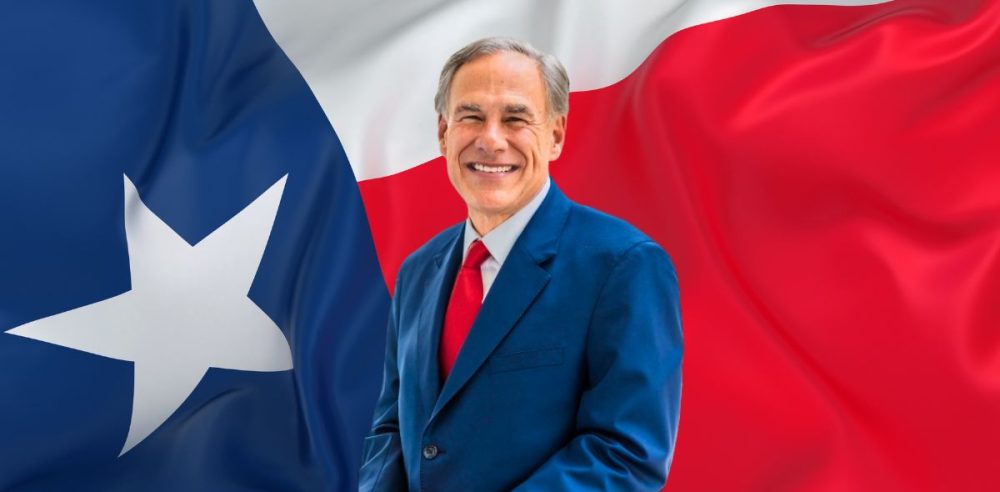Texas Governor Greg Abbott has rejected the Biden administration’s new Environmental Protection Agency (EPA) air pollution standards, arguing that they impose unnecessary federal overreach and could negatively impact the state’s economy.
The stricter regulations, which lower the annual limit on fine particulate matter (soot) from 12 to 9 micrograms per cubic meter, have been met with resistance from state officials who see them as an unrealistic burden on industries and job creators.
In a letter to EPA Administrator Lee Zeldin, Abbott made it clear that Texas would not comply with the updated standards, calling them a federal overreach that could stifle economic growth.
Texas Attorney General Ken Paxton has also filed a lawsuit challenging the EPA’s authority, arguing that the new restrictions will place undue financial pressure on businesses and industries that drive the Texas economy.
Critics of the EPA’s mandate argue that the agency’s one-size-fits-all approach ignores Texas’ unique energy needs and industrial landscape.
Stricter regulations could force companies to cut jobs, raise consumer costs, and discourage business investment in the state. Texas has long championed policies that balance environmental stewardship with economic prosperity, and Abbott’s decision aligns with his broader effort to counter federal interference in state affairs.
With Texas leading the charge in challenging these regulations, the outcome of this battle could set a precedent for the EPA’s authority to dictate state environmental policies in the future.


